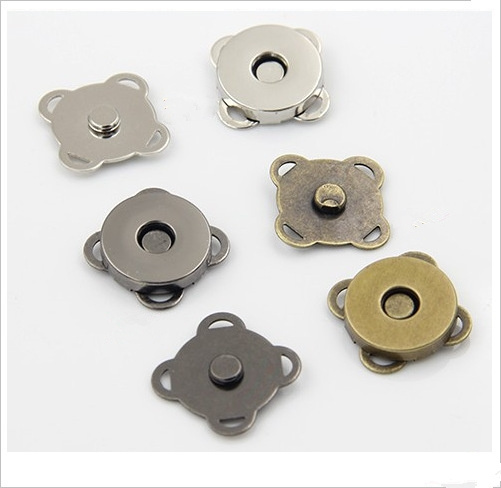 First, she got a feeding tube, also known as a percutaneous endoscopic gastrostomy (PEG). This meant she needed access to the port and the carrier for the tube which is kind of like a fanny pack. Clothing couldn't be tight across the area, and she didn't want to just lift her shirt, because that left her stomach exposed (or worse if she wanted to wear a dress), not to mention that the fabric had to be secured out of the way.
First, she got a feeding tube, also known as a percutaneous endoscopic gastrostomy (PEG). This meant she needed access to the port and the carrier for the tube which is kind of like a fanny pack. Clothing couldn't be tight across the area, and she didn't want to just lift her shirt, because that left her stomach exposed (or worse if she wanted to wear a dress), not to mention that the fabric had to be secured out of the way.
I immediately thought of some of the things I'd made for myself when I was nursing.
 A similar concept with a knit fabric. No need for Velcro because the fabric was overlapped more since it was stretchy.
A similar concept with a knit fabric. No need for Velcro because the fabric was overlapped more since it was stretchy.
She was actually fairly happy with t-shirts on a daily basis but wanted some nicer dresses for church. She'd also begun having issues with the use of her left hand so needed clothing that was easy to put on and take off (no awkward back zippers!).
Voila! The wrap dress!
 |
| Fabric overlaps and secures with Velcro |
 |
| Stretchy fabric is pulled out of the way for easy access. |
 A similar concept with a knit fabric. No need for Velcro because the fabric was overlapped more since it was stretchy.
A similar concept with a knit fabric. No need for Velcro because the fabric was overlapped more since it was stretchy. |
| If not sitting up straight, the shirt gapes open but the fabric overlap prevents skin from showing. |
 |
| I also began purchasing "arthritis bras" and altering her bras to make them open in the front. |
Voila! The wrap dress!
{pattern Butterick B5101}
Next problem - if you untie a wrap dress, it drapes open like a bathrobe and once again shows everything. To fix this, instead of the under panel being secured only at the waist, I extended the under panel to cover the upper portion of the body as well.
The under panel was secured to the upper shoulder with Velcro to prevent it from sagging and gaping. A long slit in the under panel to accommodate the PEG/ feeding tube and we were done!
The wrap part of the dress had a little Velcro to make sure that it stayed in place and covered the feeding tube slit. The wrap dress pattern called for a tie at the waist but this was difficult for both my mother and her caretaker to tie and in her wheelchair, she didn't need it.


Magnetic Purse Snaps
Later, we started using magnetic purse snaps for closures instead of Velcro. It made things much easier to open and close without worrying that the Velcro wasn't securely caught or was twisted/forcing the material to lay crookedly.
We used the heavy half rivet closures because that was all I could find but now it looks like they have lighter-weight sew-on options.
Next problem - if you untie a wrap dress, it drapes open like a bathrobe and once again shows everything. To fix this, instead of the under panel being secured only at the waist, I extended the under panel to cover the upper portion of the body as well.
The under panel was secured to the upper shoulder with Velcro to prevent it from sagging and gaping. A long slit in the under panel to accommodate the PEG/ feeding tube and we were done!
The wrap part of the dress had a little Velcro to make sure that it stayed in place and covered the feeding tube slit. The wrap dress pattern called for a tie at the waist but this was difficult for both my mother and her caretaker to tie and in her wheelchair, she didn't need it.


Magnetic Purse Snaps
Later, we started using magnetic purse snaps for closures instead of Velcro. It made things much easier to open and close without worrying that the Velcro wasn't securely caught or was twisted/forcing the material to lay crookedly.
We used the heavy half rivet closures because that was all I could find but now it looks like they have lighter-weight sew-on options.

Until the next issue - Being dressed by caretakers and making accommodations for being in a wheelchair!

